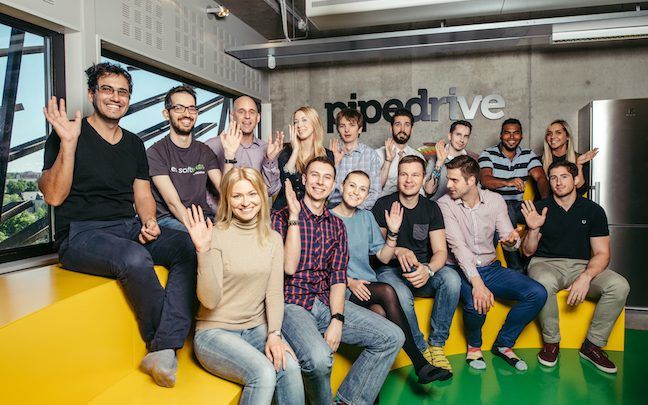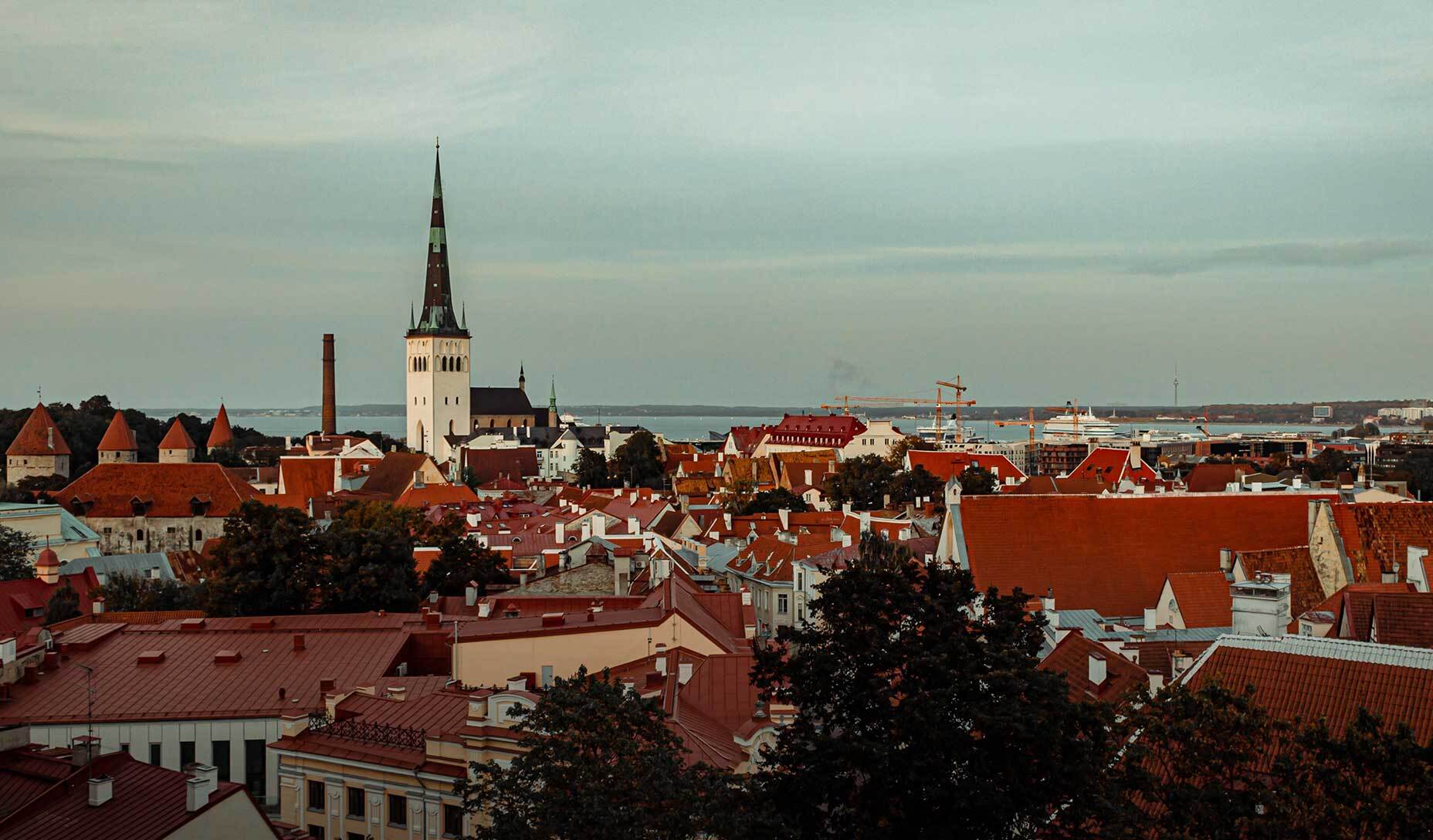How did a country in the Baltics manage to host 5 unicorn companies while holding a population of only 1.5 million? With the entire business world turning to digital, Estonia’s 20 years of betting on innovation finally seem to be paying off.
It’s not news to anyone that the COVID-19 pandemic is causing a mass digital revolution. Although the past decade has seen tremendous growth in the global digital technology space, even the most optimistic experts predicted that it would be several years more before the acceptance of tools such as video conferencing and virtual file-sharing became widespread in the business sector.
Instead, the last 8 months have seen remote work and virtual collaboration become our new reality. Governments, businesses, and individuals alike have been scrambling to adapt, putting pressure on local and global economies.
In Estonia however, the pandemic has had a much less substantial effect. A country of only 1.3 million people, the formerly Soviet-controlled nation boasts one of the most technologically advanced economies in the world. From bus tickets to healthcare and publicly accessible Wi-Fi, Estonia has spent the past two decades investing in digital tools with which to increase the ease and transparency of day-to-day activities.
It’s this established infrastructure that makes Estonia an enticing destination for expanding businesses in the post-pandemic era.

Digitally Driven, Hassle-Free
Having gained independence from Soviet control in the 1990s, Estonia’s new government was determining how to best cultivate an advanced and modern society. In the end, they decided to embrace the emerging technology of the decade, the internet.
Almost 20 years later, the decision has paid off. Estonia has one of the least bureaucratic and most transparent governmental structures in the world. By prioritizing flexibility, and transparency the country’s hassle-free infrastructure has made it a haven for startups, venture funding, and global technology companies.
The entire project also worked to cultivate a strong national IT sector. By partnering with smaller private companies, the government was able to move faster and stay at the forefront of technological innovation in the space. Additionally, the scale of the work pumped money into the growing national software sector and cultivated the competitiveness of the space on a global platform.
The country has since seen four “unicorn” valued startups emerge from the sector, shining the spotlight on Estonia and attracting the attention of global investors.
The 4 companies, Bolt (previously known as Taxify), Skype, Transferwise, and Playtech were each recently valued at over $1Billion USD and remain privately owned. And the most recent and the 5th one – Pipedrive – joined the group of unicorns just a week ago. Coming from a country with a population of less than 1.3 million, this is an incredible achievement. To put it in perspective, Estonia’s population is less than that of Barcelona, yet the entirety of Spain only has one unicorn company.
How Can Your Business Thrive in Estonia?
Estonia is the first country to offer e-Residency, a government-issued digital identity, and status that provides access to Estonia’s transparent digital business environment. It allows digital entrepreneurs to manage their businesses from anywhere, entirely online.
Since the beginning of the program, Estonia has gained more than 73,000 e-residents from 173 different countries and these e-residents have founded 13,000 companies and created more than 1,800 jobs.

Why Now?
“The scale of change that other countries are dealing with in light of the pandemic is hindering business,” explained Indrek Julge, Opportunity Network’s Director of the Baltics. “Estonia’s digital infrastructure has allowed businesses here to bounce back far easier and more efficiently than anywhere else in the world. And the reason is that Estonia’s businesses are more used to be run digitally than the ones in the “old world”.
“I haven’t physically signed a document in over 10 years. We have digital tools for that.”
“Where other companies are just now learning how to leverage digital tools, Estonian businesses have been perfecting them over decades,” shares Julge.

Indrek Julge
Country Director for the Baltics at Opportunity Network
With over 15 years of experience in Corporate Banking, Indrek Julge now represents Opportunity Network as Director for the Baltics while acting as Project Manager at Redgate Capital, an independent, partnership-based investment banking company.




